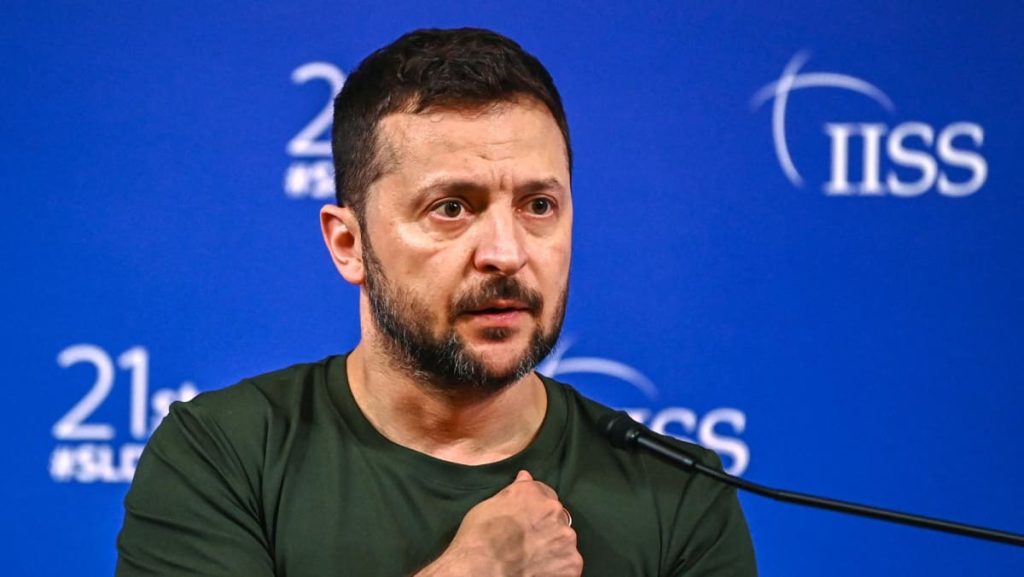The ASEAN attendees at the Global Peace Summit on the Russia-Ukraine war include Singapore, the Philippines, Thailand, and Indonesia. Singapore has imposed unilateral sanctions against Russia and will be represented by Senior Minister of State for Foreign Affairs Sim Ann. The Philippines, initially expected to be represented by President Bongbong Marcos, will be represented by Presidential Adviser Carlito Galvez Jr. Thailand will be represented by its deputy foreign minister, Russ Jalichandra. Indonesia will send its ambassador to Switzerland, Ngurah Swajaya, to the summit. All these ASEAN countries have taken a stand against aggression and conflict in various international matters.
While some ASEAN countries have confirmed their attendance at the peace summit, there are notable absentees as well. Cambodia and Malaysia have declined to attend the summit for various reasons. The current Cambodian prime minister cited the absence of Russia at the summit and doubts about its success as reasons for not participating. On the other hand, Malaysian Prime Minister Anwar Ibrahim, who has been vocal about the Gaza War, has chosen not to attend the summit. Countries like Myanmar, Vietnam, and Laos, with longstanding ties to Russia, have shown support towards Moscow in various ways, influencing their decisions to abstain from attending the peace summit.
The relationships of ASEAN countries with Russia and their stance on the Ukraine war have played a significant role in determining their attendance at the peace summit. Myanmar, with growing military ties with Russia since the military coup in 2021, has endorsed Moscow’s invasion of Ukraine and supported Russia with military supplies. Vietnam and Laos, old friends of Russia, have deep-rooted ties and continue to be dependent on Moscow for various sectors like defense and healthcare. Brunei is still deliberating on attending the summit, but sources suggest they might decline the invitation.
The Global Peace Summit on the Russia-Ukraine war will focus on discussions on food security, a critical issue for Southeast Asia given the impact of the war on rising food and energy prices in the region. However, some experts remain sceptical about the summit’s effectiveness, viewing it more as a PR exercise without all major powers present. The absence of key players like Russia and major ASEAN countries can undermine the potential impact of decisions made at the summit. Despite differing opinions on the summit’s significance, the participating ASEAN countries are using the platform to express their stances on the conflict and assert their commitment to peacekeeping efforts.


